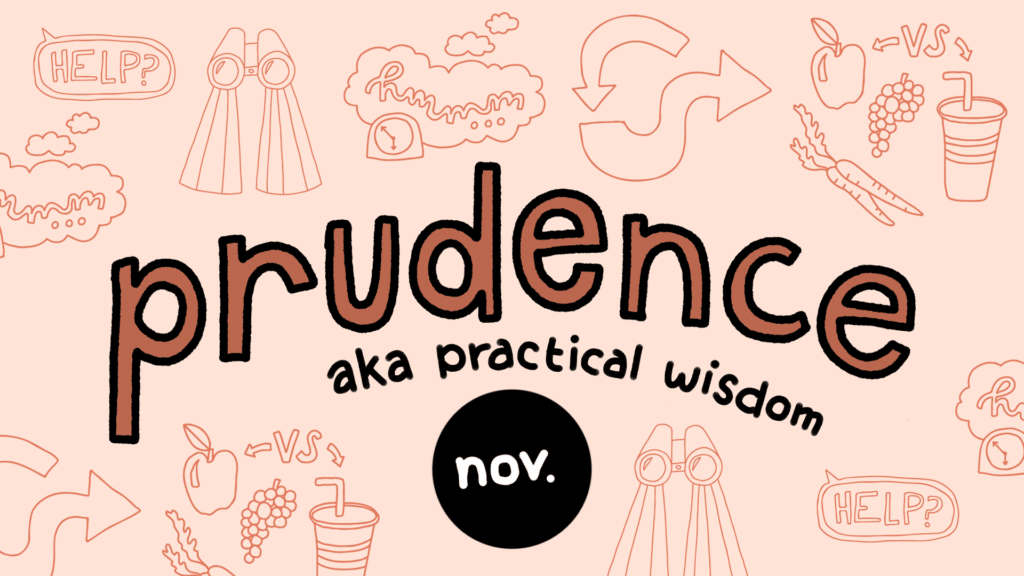Welcome back to Cuppa Conversations! For today’s Wondering post, we are going to head back over to the coffee shop and listen in to more of Ana and Sophie’s conversation on What Makes Learning Come Alive? If you missed the first part, make sure to go back and read it first. Dr. Kozinski has written a series of these conversations to help us better understand what educating our students classically truly means. It is an engaging and creative commentary and you don’t want to miss it!
Let’s listen in…
What Makes Learning Come Alive? Part II
Over a Monday morning coffee at Scout (after dropping Robbie and Katie off at SLOCA)
Sophie: Nice to see you, Ana. What was it we were wondering about last week? Oh, yes, what was missing in our education.
Ana: Well, it wasn’t all bad, but something definitely was lacking. I mean, did you ever hear anything about the true, the good, and the beautiful at school?
Sophie: Or did anyone ever discuss why we were learning all the things we learned? My kids do this all the time now in the Socratic circles. And it’s a big part of the high school conversations, from what I have heard.
Ana: Yes, if we had discussions back then, they were always just “sharing,” or they were over-controlled by the teacher. Now ideas and questions are always on my mind, and I love wondering about everything. The thing I love most is how everything fits together, how all knowledge is interrelated and interconnected, and not just history and literature, but science, art, and math, and everything.
Sophie: The way we are learning to verbalize algebra makes me think it’s just a kind-of . . . “grammar,” I guess you could call it, a grammar of numbers and shapes.
Ana: And art is a grammar of images!
Sophie: I also feel like I’m learning alongside Robbie, that we’re asking questions together, and I know that’s how the SLOCA teachers work in the classroom. It’s like we’re all on a learning adventure together, and the teachers are our guides along the path, and often it’s a rough and steep one! But they, and we, are to act as guides, not taskmasters or dictators.
Ana: Yes! It’s like the world is the real teacher, and we are just pointers. Perhaps we all have an inner teacher—or maybe it’s just how the mind works when it’s really alive!—a teacher that helps us to ask good questions and recognize true answers. At school growing up, I saw myself as completely dependent on others who “knew,” and they had to tell me what and how to think about things. But now it’s different. I still want to learn from people who really do know things, but still, I feel like I’m learning things in a different way, more active and engaged, even if it means just listening attentively at others and reflecting on their words before making a judgment.
Ana: Maybe the key is in what you just said: attentively. I feel that my children have become much more attentive, and so have I!
Sophie: The math manipulatives have really helped with this, and so have the Socratic circles, in which they are encouraged to listen to what everyone is saying, summarize it accurately, and respond to others with courtesy. Even their handwriting is seen as a work of art that they slowly and carefully pay attention to and try to perfect. When we pay close attention to what is in front of us, we can’t help but wonder about it, ask questions, and seek answers. Attention seems to be something very important at SLOCA.
Sophie: Yes! And the other main focus is language. We spend so much time with grammar and logic, with poetry, with beautiful books. You know, the trivium, what classical education is all about. I’d like to understand it better, and I wonder how the trivium relates to wonder, and how becoming good at using words correctly and beautifully, and in understanding how language works, makes learning come alive.
Ana: Let’s talk about the trivium next time! See you then.
Thank you, Dr. Kozinski, for this immersing conversation! We look forward to your next installment and narration on the trivium!
Parents, if you have any feedback or questions for our Director of Academic Life, you are welcome to comment below or reach out to us via email and we will make sure that Thaddeus receives your inquiry. Thank you for joining us!












